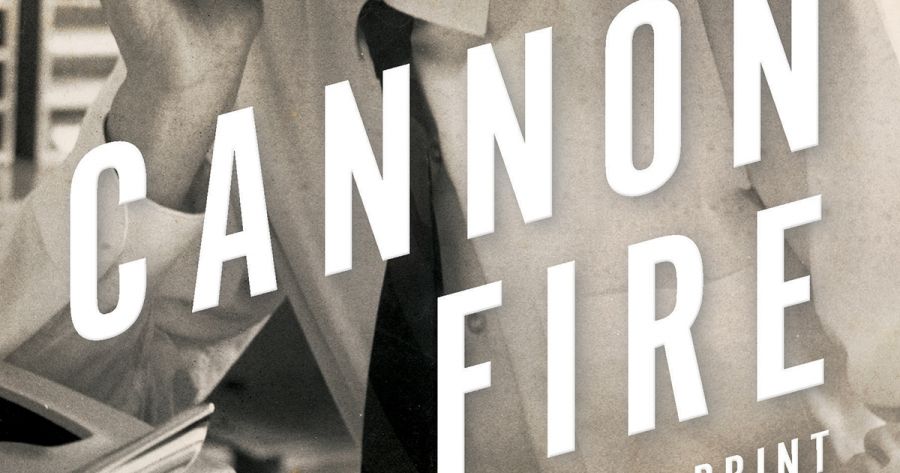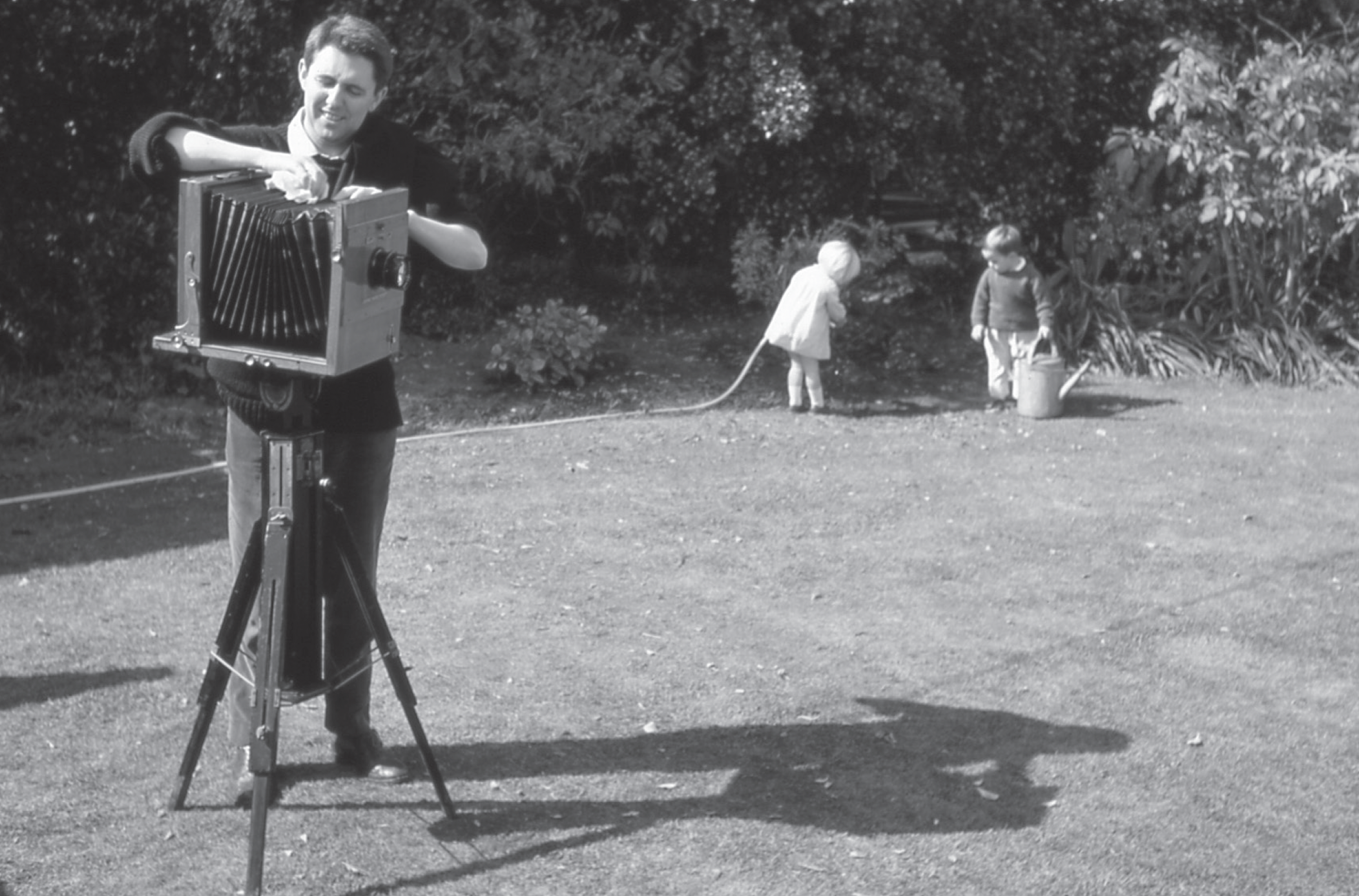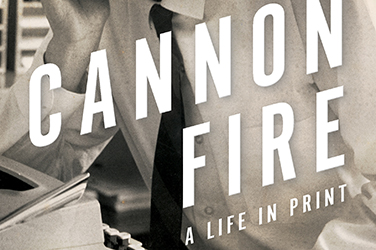
- Free Article: No
- Contents Category: Memoir
- Review Article: Yes
- Article Title: Tales of hustling
- Article Subtitle: Memoirs of an indefatigable editor
- Online Only: No
- Custom Highlight Text:
Journalist, editor, and publisher, Michael Cannon rose to prominence in print during its golden age of boundless advertising dollars, when those ‘rivers of gold’ paid for high salaries, fully staffed beats, and morning and evening newspaper editions. This was not a world of shrinking pages and newsroom cuts, of ‘digital-first’ mantras, click bait and Murdoch domination – not yet. But newspapers were not necessarily more sophisticated places either, which makes Cannon’s memoir as much a rejoinder to the lionising of lost newspaper culture – a challenge to the notion that things were always better back then – as the story of a remarkable career.
- Article Hero Image (920px wide):

- Article Hero Image Caption: Michael Cannon with his children, 1966
- Featured Image (400px * 250px):

- Alt Tag (Featured Image): Johanna Leggatt reviews 'Cannon Fire: A life in print' by Michael Cannon
- Book 1 Title: Cannon Fire
- Book 1 Subtitle: A life in print
- Book 1 Biblio: Miegunyah Press, $39.99 pb, 254 pp
- Book 1 Cover Small (400 x 600):

World War II begins, both in Europe and at home. Cannon enters adolescence, which is marked by a succession of pugilistic school leaders puritanically dedicated, it would seem, to destroying the sensitivities of emerging men. Boarding school is a herculean test of endurance in the face of routine corporal punishment, and the emotional scars, as Cannon briefly concedes, never truly heal. The contrarian world of journalism, unsurprisingly, suits him much better, although it takes Cannon a while to gain a foothold in the industry and establish himself in Melbourne’s blokey, smoke-filled newsrooms. What is most striking about his tales of hustling his way onto reporting teams, of falling out with editors and quitting jobs, is his enduring entrepreneurial streak: a knack for starting over, bouncing back with a new idea, a new vision. The succession of papers and trade magazines Cannon helms is mind-boggling, but he is indefatigable. There are no formal interviews or resumés for these posts: a phone call from a friend, a meeting over lunch, and Cannon is changing tack once again.
Cannon is refreshingly unafraid to speak truth, or his version of it, to power. At one point, Rupert Murdoch enlists him as the new associate editor of the Sunday Mirror in Sydney to turn the newspaper into a quality publication. When the role turns into a glorified administrative post, Cannon pens a stinging resignation letter to Murdoch, in which he makes an expense claim on the mogul to ship his belongings back to Melbourne.
Eventually, Cannon finds his greatest success outside of the ‘frenetic and frustrating world of newspapers’ and transitions into publishing, becoming the acclaimed author of several historical titles, including The Land Boomers (1966). So begins a series of studies on Australiana, netting him a degree of commercial success and some dedicated readers. If he misses journalism, he doesn’t mention it, but whining isn’t Cannon’s style either: he embraces his fate with an alacrity that is admirable.
Of course, it is never easy to write your version of the truth. There will be friends, family, and bosses whom you invariably annoy, because when it comes to the stories we tell ourselves we are often the most unreliable of narrators. It is unlikely that Cannon’s book will cause much opprobrium among surviving family and friends, largely because one gets the sense that the emotional centre of things is something he wishes to avoid. There are glimpses of it – the short paragraph, for example, devoted to his father’s unwillingness to listen to his grievances about boarding school, as well as the grief that ensues when his first wife dies tragically – but overall there is scant time spent on analysing how events or people shaped him. Cannon does not declare himself a workaholic, but the idea looms large over the work, leaving the reader wondering: why this obsessive, unquestioning dedication to hard graft? What toll did it take and whom exactly, dead or living, was he trying to impress with this CEO-like schedule? His second marriage breaks down, no doubt due in part to his long hours at the office, but there is still little reflection on the costs in his personal life of such dedication to work, even though it is clear there have been many.
There is a sense that the comprehensive Michael Cannon story is frustratingly out of reach. While the memoir is stylishly written and informative, it does not appear to be the full picture of his inner world. Perhaps this is what makes Cannon Fire a unique memoir in this era of confessional writing on steroids: there is no navel gazing, no blaming of parents nor reflections on how his upbringing left its mark on him. Such an approach to memoir is in keeping with the more circumspect era in which Cannon came of age: when one did not psychoanalyse their mistakes or subject family members to half-baked diagnoses of personality disorders in print. Perhaps what mattered to him most was to preserve the deeply personal moments for himself, to keep certain privacies out of the public eye. A radical notion, indeed.


Comments powered by CComment